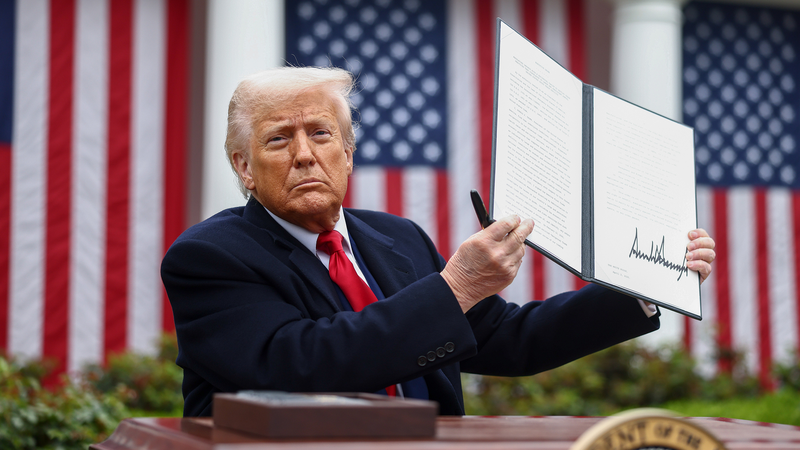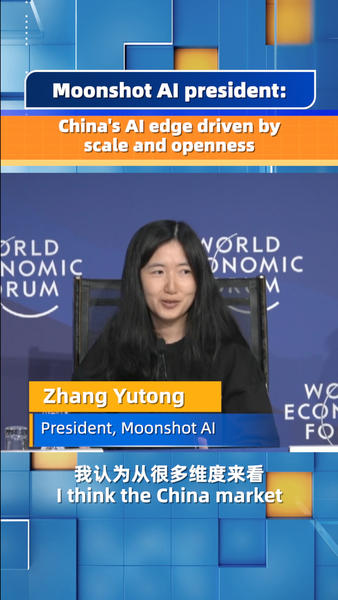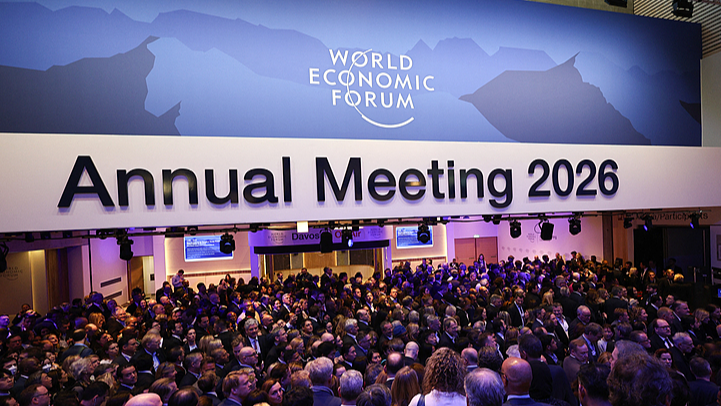Reciprocal tariffs have been making headlines as the US rethinks its trade strategies, signaling a potential economic gamble with dangerous ripple effects worldwide. 💥
Professor Peng Delei, a law expert at East China University of Science and Technology, warns that although these measures are designed to protect domestic industries, they might inadvertently trigger escalating trade tensions and costly price wars that hurt both businesses and consumers.
Reciprocal tariffs work on a tit-for-tat basis: when one country raises tariffs, others respond in kind. This cycle can quickly escalate, affecting global supply chains and market stability—not just in the US, but in interconnected markets such as the Chinese mainland and the Taiwan region.
In today’s hyper-connected world, even minor shifts in economic policy can lead to significant impacts. Young professionals, students, and entrepreneurs should keep a keen eye on these developments, as they could shape financial futures and global trade dynamics. 🚀
This evolving debate is a reminder that economic policies have far-reaching consequences. Staying informed helps us prepare for both the challenges and opportunities in a rapidly changing global market.
Reference(s):
cgtn.com




